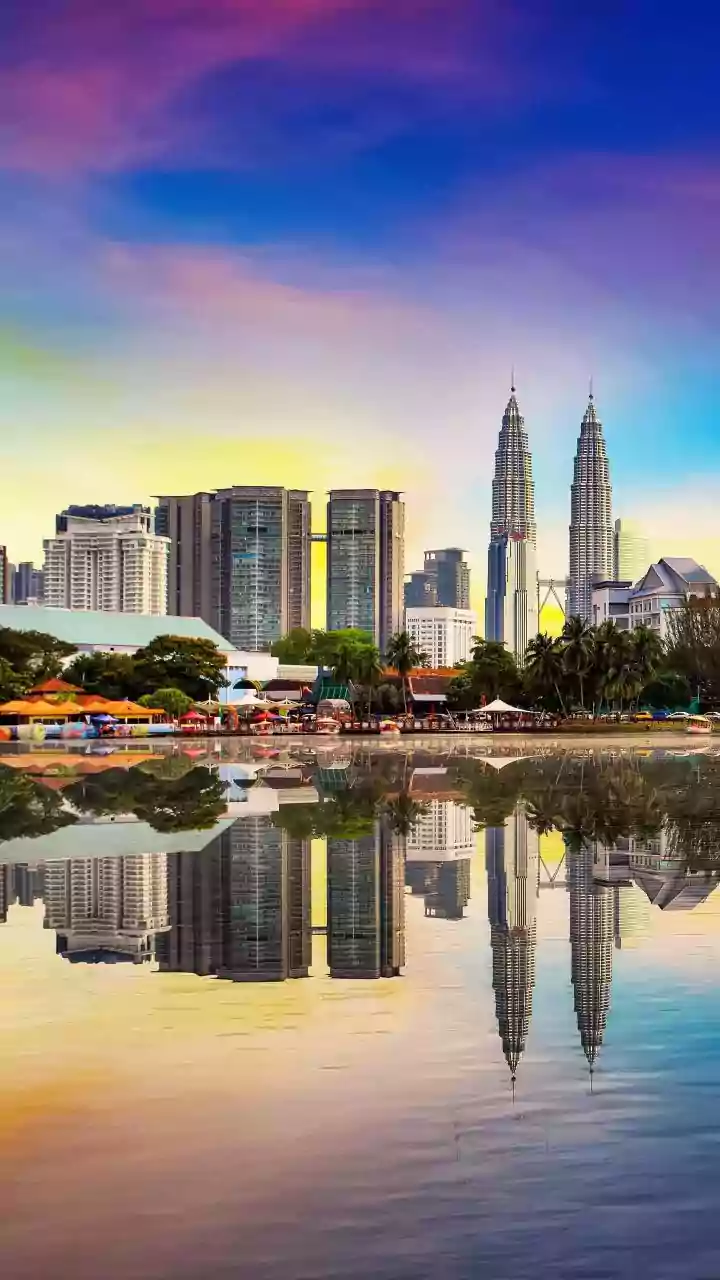The Changing World Order
The international order has become significantly more multifaceted, marked by a decline in the dominance of the West and the rise of new global powers.
This shift necessitates that India re-evaluate its foreign policy and strategic alliances. The traditional power dynamics are changing, with various nations gaining influence across economics, trade, and security. This situation presents both challenges and opportunities for India, requiring a proactive approach to diplomacy and strategic partnerships. These transformations create a complex scenario, where India must carefully assess its interests and devise strategies that align with its long-term goals. These conditions demand adaptability and foresight.
India's Strategic Advantages
India possesses a unique set of advantages that can be leveraged in the evolving global landscape. These include its large and growing economy, a young and dynamic population, and a strategic geographic location. Furthermore, India's democratic values and its commitment to multilateralism provide a strong foundation for its international relations. The country's growing influence in global forums, such as the G20 and the BRICS, allows it to shape international norms and policies. India's capabilities in technology, its strong cultural ties to many countries, and its increasing military strength are all crucial for its expanding influence. All of these factors enhance India’s ability to engage with the world.
Navigating Challenges Ahead
Despite its advantages, India must confront several challenges to successfully navigate the complexities of the global environment. These include managing tensions with neighboring countries, addressing internal economic and social disparities, and securing its energy resources. Additionally, India must carefully manage its relations with major global powers, as competition for influence is likely to intensify. The nation needs to proactively counter any form of interference while simultaneously fostering economic growth. Addressing these challenges will be crucial to ensuring India's long-term stability and prosperity. It is also vital to invest in sustainable development and strengthen institutional capacity.
Strategic Partnerships & Diplomacy
In the face of a shifting global power dynamic, strong partnerships and strategic diplomacy will be crucial for India. Strengthening alliances with like-minded nations, diversifying its trade relationships, and actively participating in international forums will be important. India's diplomatic efforts should be directed at promoting its interests, supporting global stability, and addressing shared challenges. This means creating opportunities for collaboration on issues like climate change, global health, and cybersecurity. By actively engaging with other nations, India can enhance its influence and play a leadership role on the world stage. Building these types of relationships will be crucial for its success in the future.
Economic Opportunities
India has considerable economic potential, which needs to be leveraged to achieve its strategic goals. Enhancing its economic ties with various global partners, encouraging foreign investment, and promoting innovation can improve its global position. India’s initiatives, such as the Make in India program, are geared toward fostering manufacturing, generating employment, and boosting economic growth. The nation can significantly contribute to global supply chains while establishing itself as a reliable economic partner. This approach will not only improve India's standing but also create new prospects for its people. Promoting economic growth is vital for addressing poverty and promoting sustainable development.


















